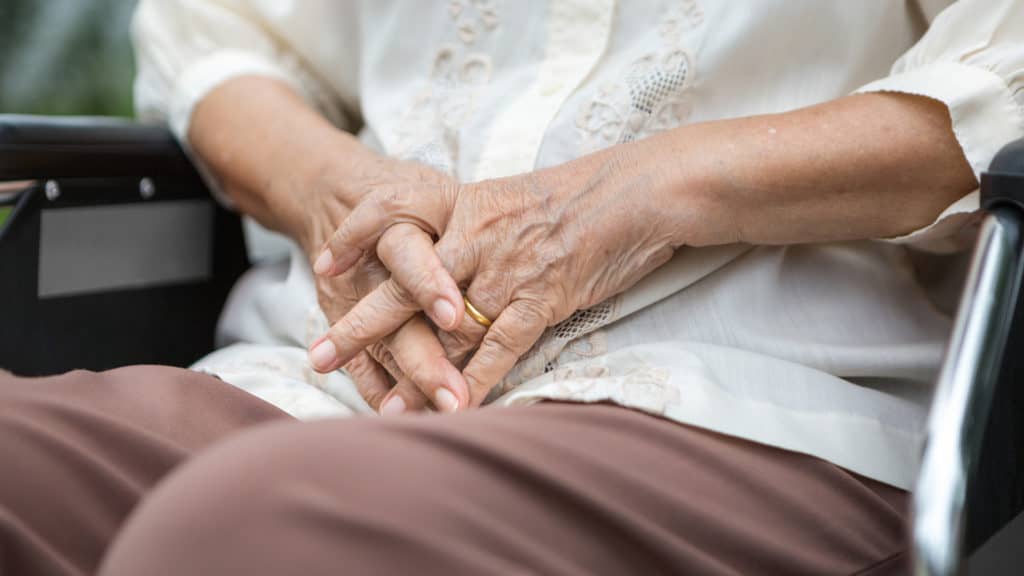An ILSI Taiwan symposium confronts the challenges facing an aging population.
It is estimated Taiwan may become a “super-aged” society by 2025, which means at that time, 20% of the Taiwanese population will be aged 65 or older. What can we do to ensure successful, healthy aging now and into the future?
To explore this issue, ILSI Taiwan held a “Healthy Aging Symposium: Analysis of the Dietary and Nutrition Problems for the Elderly in Taiwan” in December 2016. Experts and scholars were invited to share their research data and important outcomes on the dietary and nutrition challenges faced by the elderly in Taiwan, and also to propose strategies and solutions to meet those challenges. The purpose of the symposium was to provide useful information to individual researchers, industry, government agencies, and others conducting studies related to healthy aging in Taiwan.
Liang-Kung Chen, PhD, Taipei Veterans General Hospital, suggested how we think to help older people from getting “old”. He said we should redefine the term “the elderly”, because 65 years old is just an arbitrary threshold set by humans; it doesn’t mean their health will gets worse after 65 years old. Instead, Dr. Chen said we should focus on prolonging healthy life expectancy (HALE); i.e., living longer healthily and with better quality of life.
Wen-Harn Pan, PhD, Institute of Biochemical Sciences, Academia Sinica Taiwan, shared her research findings on “Physical Function Declines and Dietary Status in the Older Taiwanese Elders: Implications of the Nutrition and Health Survey in Taiwan 2013-2015.” In this study, she analyzed physical function status and food/nutrient intake data from the Nutrition and Health Survey in Taiwan in 2013-2015 by age groups, to better understand frailty syndrome and the role nutrition may play in this aging phenomena.
Meei-Shyuan Lee, DrPH, National Defense Medical College Taiwan, shared her empirical data showing nutrition played an important role in healthy aging. By promoting the importance of healthy diet, we can improve the nutrition status of the elderly and, importantly, reduce medical expenses through prevention.
Feili-Lo Yang, PhD, Fu Jen Catholic University, gave an overview of nutrition services among different kinds of geriatric care centers, focusing on issues related to serving meals to the elderly.
For more information about the symposium, please contact Project Manager Ms. Arlene Yang: arlene@ilsitaiwan.org
ILSI News | February 2017
Back to Newsletter
ILSI Taiwan has an active program in healthy aging. They are also part of the One ILSI project on healthy aging involving 10 ILSI branches. For more information on the One ILSI healthy aging project visit: Healthy Aging
Press Conference on Healthy Aging
ILSI Taiwan held a press conference in conjunction with its Healthy Aging Symposium. Symposium speakers, branch leadership, and approximately 30 representatives from print, online, TV, and radio media participated in the event.
The purpose of the press conference was to raise awareness of important concepts related to diet and healthy aging. Important concepts included:
- a quality, nutrient dense diet is critical for achieving nutrient requirements;
- decreased and impaired ability to taste must be taken into account in meal planning to ensure interest in eating;
- maintaining lean muscle mass should be a high priority.
Speaker Wen-Harn Pan, PhD, Institute of Biochemical Sciences, Academia Sinica Taiwan, described the “vicious cycle” many elderly face: loss of sense of smell and taste and difficulty swallowing leads to lack of interest in eating and decreased food intake which causes nutrient deficiencies. Nutrient deficiencies will lead to weakness caused by loss of lean muscle mass which further contributes to a lack of interest in eating.
The press conference led to several stories in the local media, including a TV segment on healthy aging. The video (in Chinese) is available: Healthy Aging in Taiwan
For more information about the press conference, please contact Lily Chen: lily@ilsitaiwan.org.
